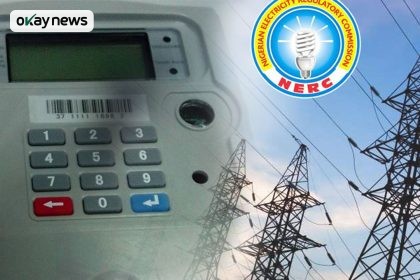The Federal Government has announced the scrapping of the Junior Secondary School (JSS) and Senior Secondary School systems in Nigeria, introducing a compulsory 12-year uninterrupted basic education model.
Under this new framework, students will receive continuous education up to the age of 16, after which they can pursue higher education.
The new system seeks to replace the existing 6-3-3-4 education structure with a 12-4 model, aligning Nigeria’s educational standards with global best practices.
The development was unveiled by Dr. Tunji Alausa, the Minister of Education, during the 2025 extraordinary National Council on Education (NCE) meeting in Abuja on Thursday.
The NCE, Nigeria’s highest policy-making body in the education sector, convened stakeholders from across the country, including education commissioners from the 36 states and the Federal Capital Territory (FCT), ministry agencies, parastatals, and development partners.
Dr. Alausa emphasized that by integrating secondary education into the basic education framework, students will enjoy uninterrupted learning until the age of 16.
He said: “Extending basic education to 12 years will ensure a standardized curriculum that is uniformly implemented across the nation,” Alausa said.
“This will also facilitate early exposure to vocational and entrepreneurial skills, preparing students for both higher education and employment.
“Many developed nations have implemented similar systems where basic education spans 12 years, ensuring that students acquire foundational knowledge before specializing at tertiary levels.
“This reform also aligns Nigeria’s education system with international standards, fostering better educational outcomes and global competitiveness.”
Dr. Alausa said it will also lead to economic and social impact, adding that “Educated youth contribute significantly to national development.
“When students receive an extended period of compulsory education, they are better equipped to join the workforce with relevant skills. This reform will also reduce child labor and other social vices resulting from premature school dropouts.”







